A PLUME BOOK
CHINA A TO Z
Jeni Fong
MAY-LEE CHAI is the author of seven books, including three novels: My Lucky Face, Dragon Chica, and Tiger Girl; and co-author with her father, Winberg Chai, of a family memoir, The Girl from Purple Mountain, which was nominated for the National Book Award. She has served as a Chinese-to-English translator for PEN American Center and published a book-length translation of the 1934 autobiography of the twentieth-century Chinese writer Ba Jin. A frequent contributor to the Jakarta Post Weekender Magazine, she is the recipient of an NEA grant in prose. She received her M.A. in East Asian studies from Yale University and teaches in the MFA program at the University of North Carolina Wilmington. She has lived and worked in China, where she has been visiting frequently ever since her first trip in 1985.
May-lee Chai can be found on Twitter at @ChinaAtoZ and @mayleechai. She maintains a blog, mayleechai.wordpress.com, and two websites (www.may-leechai.com and www.booksbychai.com).
WINBERG CHAI is the author and editor of more than twenty books on China. Born in Shanghai, Dr. Chai is a political scientist who received his Ph.D. from New York University and who has been teaching about Asia for more than fifty years. He has testified before Congress on China and lectures in China frequently. A professor emeritus of political science at the University of Wyoming, he serves as executive editor of Asian Affairs: An American Review.
PLUME
Published by the Penguin Group
Penguin Group (USA) LLC
375 Hudson Street
New York, New York 10014

USA | Canada | UK | Ireland | Australia | New Zealand | India | South Africa | China
penguin.com
A Penguin Random House Company
First published by Plume, a member of Penguin Group (USA) Inc., 2007.
This edition published 2014.
Copyright 2007, 2014 by May-lee Chai and Winberg Chai
Penguin supports copyright. Copyright fuels creativity, encourages diverse voices, promotes free speech, and creates a vibrant culture. Thank you for buying an authorized edition of this book and for complying with copyright laws by not reproducing, scanning, or distributing any part of it in any form without permission. You are supporting writers and allowing Penguin to continue to publish books for every reader.
Illustrations on by Tiffany Chiang.
 REGISTERED TRADEMARKMARCA REGIS TRADA
REGISTERED TRADEMARKMARCA REGIS TRADA
LIBRARY OF CON GRESS CATALOGING-IN- PUBLICATION DATA
Chai, May-lee.
China A to Z : Everything you need to know to understand Chinese customs and culture / May-lee Chai and Winberg Chai.
p. cm.
Includes bibliographical references and index.
ISBN 978-0-698-14107-0
1. ChinaEncyclopedias. I. Chai, Winberg. II. Title. III. Title: Everything you need to know to understand Chinese customs and culture.
DS705.C414 2007
951dc22 2006102000
While the author has made every effort to provide accurate telephone numbers, Internet addresses, and other contact information at the time of publication, neither the publisher nor the author assumes any responsibility for errors or for changes that occur after publication. Further, publisher does not have any control over and does not assume any responsibility for author or third-party websites or their content.
Version_1
Introduction

S ince the first edition of China A to Z, Chinas position in the world has grown more important. Economically, socially, culturally, and politically, Chinas influence cannot be ignored. China now has the worlds second largest economy and is projected to overtake the United States for the number one spot by 2017. Once known for producing goods on the cheap, China is no longer the worlds sweatshop: the economic boom has helped the country to become the largest consumer market for many goods, ranging from fine art to automobiles, as well as the fastest growing market for luxury goods. As more Chinese tourists travel the world and more students from China choose to study abroad, the opportunities for social and cultural exchange are growing ever greater. At the same time, China and America disagree politically on almost every important issue, including human rights, global warming, investments in Africa and other parts of the developing world, how to handle crises from the Middle East to the South China Sea, and U.S. arms sales to Taiwan, a democracy and longtime U.S. ally that China considers to be a renegade province.
Despite these continuing disagreements and potential for conflict, Chinas transformation into a powerful, modern nation is a historic feat that deserves the worlds attention. The growing economy has allowed hundreds of millions of people to enter the middle class, one of the fastest economic turnarounds in history. Its a remarkable development, especially considering that just over fifty years ago, more than 40 million Chinese starved to death, some under Mao Zedongs disastrous Great Leap Forward policies.
When the United States and China first reestablished diplomatic relations and Deng Xiaoping ushered in the Open Door Policy of economic reform in 1979, Chinese were still living under the iron ricebowl system. The old Communist system guaranteed everyone a (low-paying) job for life and government-approved housing. The society suffered under these laws: everyone was poor, consumer goods were rarely available and of questionable quality, births were restricted to one child per couple, and political rights were nonexistent. The unleashing of Chinas economic power under Deng Xiaopings reforms allowed for some free enterprise and joint ventures with the worlds companies. The material quality of life in China improved rapidly, although the political system remained controlled by the Communist Party.
After the Open Door Policy of Deng (who was the paramount leader from 1979 to 1997), Chinas next generation of leaders initiated and implemented more economic reforms, even permitting capitalists to join the Communist Party. So long as a person had connectionscalled guanxi in Chineseto high officials, that persons business could thrive. In fact, by 2012 China had the third highest number of billionaires in the world, behind the United States and Russia, and in 2013, China had more billionaires created by the stock market than the United States.
The next challenge for Chinas leadership has been to transition the export-based economy based on cheap labor into a more mature form that promotes domestic consumption and innovation. Manufacturing has already shifted away from clothes and toys, and now China assembles the worlds smart phones, tablets, and personal computers. No longer content to make goods for other countries, China has invested heavily in its universities and research parks, hoping to spark a technological revolution on its own soil. And the effects have been tremendous: Chinese companies are developing green technology, from wind power to solar energy to batteries for electric cars; and entrepreneurs are launching their own social media sites and online shopping sites.

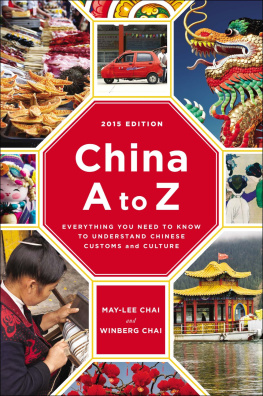

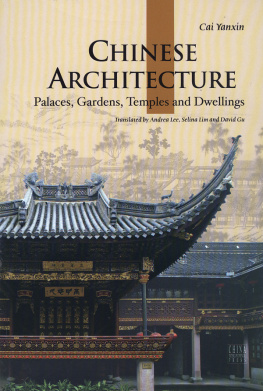
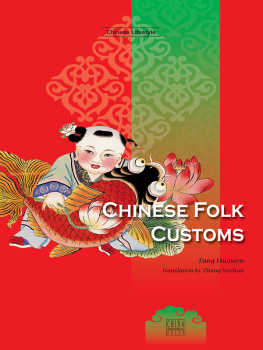

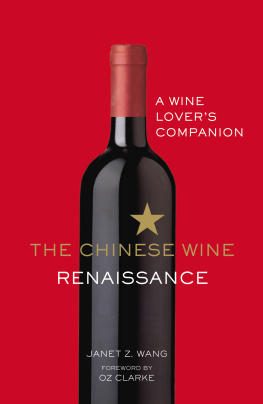
![Flower - China: [the essential guide to customs & culture]](/uploads/posts/book/200771/thumbs/flower-china-the-essential-guide-to-customs.jpg)
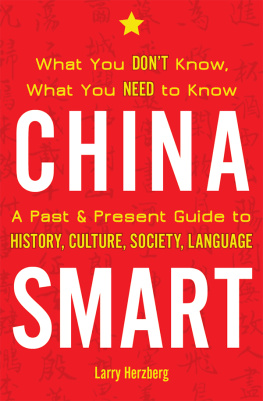
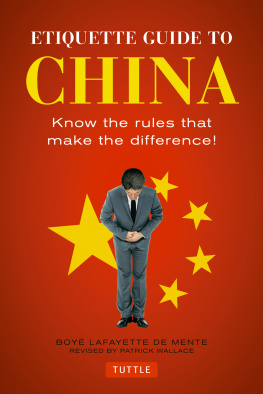

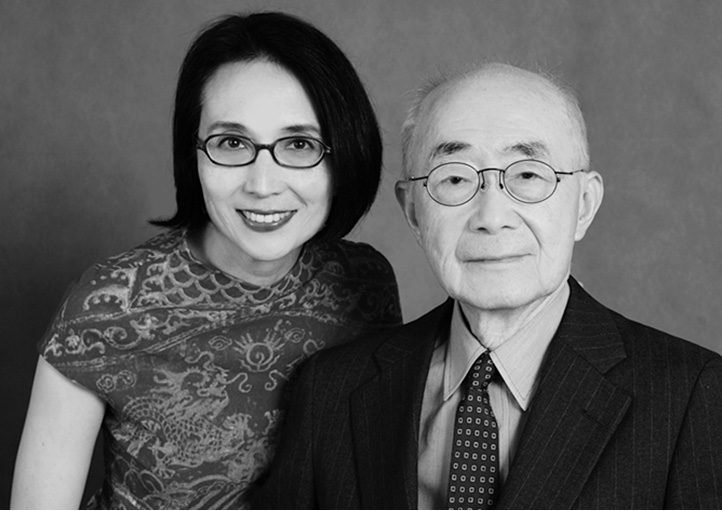


 REGISTERED TRADEMARKMARCA REGIS TRADA
REGISTERED TRADEMARKMARCA REGIS TRADA